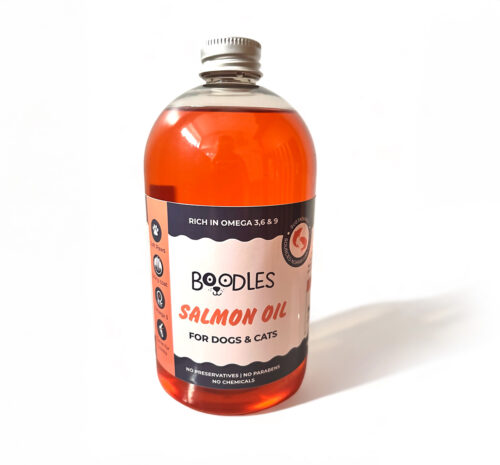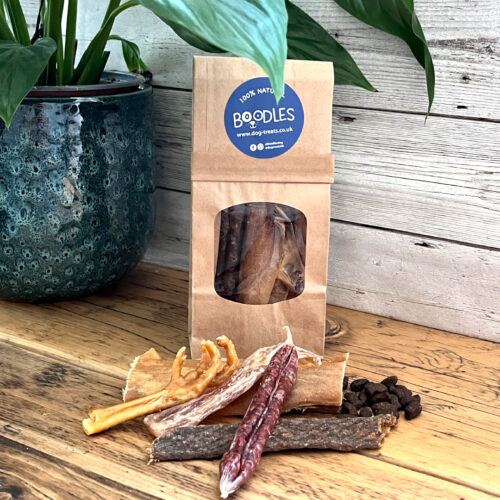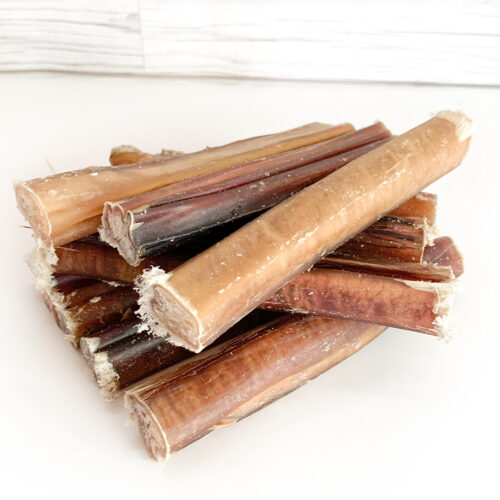
How to Protect Your Dog from Hot Weather
Summer Safety Tips for Dogs: Keeping Your Canine Cool and Healthy As summer approaches, it’s
Avocados are packed with essential nutrients that can be beneficial for dogs when consumed in moderation. They are rich in healthy fats, specifically monounsaturated fats, which can help maintain a shiny coat and healthy skin in dogs. Additionally, avocados contain vitamins E and B6, which play a key role in supporting a dog’s immune system and overall well-being.
Furthermore, avocados are a good source of potassium, which is important for proper muscle function and maintaining healthy blood pressure levels in dogs. They also provide fiber, which can aid in digestion and help regulate bowel movements in canine companions. Including avocado as part of a balanced diet can contribute to providing dogs with a variety of essential nutrients that support their overall health and wellness.
Avocados offer a range of potential health benefits for dogs due to their rich nutrient profile. They are a good source of monounsaturated fats, which can help support a healthy coat and skin for your furry friend. Additionally, avocados contain vitamins C, E, and K, as well as B-vitamins, which contribute to overall immune function and energy levels in dogs.
Moreover, the presence of essential minerals like potassium, magnesium, and folate in avocados can aid in maintaining proper muscle function, regulating blood pressure, and supporting cardiovascular health in dogs. The fiber content in avocados may also promote digestive wellness by aiding in digestion and maintaining a healthy gut microbiome for your canine companion.
Avocado, while providing various health benefits, can pose risks and side effects when fed to dogs. One primary concern is the potential toxicity of persin—a natural fungicidal toxin found in avocados—which can be harmful to dogs if consumed in large quantities. This toxin, predominantly present in the avocado pit and skin, may lead to symptoms such as vomiting, diarrhea, and gastrointestinal distress in dogs.
In addition to persin toxicity, the high-fat content in avocados can also be problematic for some dogs, especially those with underlying conditions like pancreatitis or obesity. Feeding avocados in excess can contribute to weight gain and digestive issues in dogs. It’s crucial to remember that moderation is key when incorporating avocado into your dog’s diet to prevent any adverse effects on their health.
Before incorporating avocado into your dog’s diet, it is essential to ensure that the fruit is ripe and properly prepared. Choose ripe avocados that are soft to the touch but not mushy. Avoid feeding your dog avocados that are overly ripe or brown as they may cause stomach upset. Remove the skin, pit, and any other hard parts before serving avocado to your dog to prevent choking hazards.
When introducing avocado to your furry friend, start with small amounts to monitor their reaction. Observe for any signs of digestive issues such as vomiting, diarrhea, or constipation. It is recommended to offer avocado as an occasional treat rather than a regular part of your dog’s diet to avoid potential digestive disturbances. Remember, moderation is key when feeding avocados to your canine companion.
Avocado can be a nutritious addition to your dog’s diet when fed in moderation. One way to incorporate avocado is by mashing it up and mixing it with your dog’s regular food. This can add a creamy texture and some healthy fats to their meal. Another method is to slice up avocado into small pieces and use it as a topping for treats or as a special addition to their meal. Just make sure to remove the pit and skin before offering it to your furry friend.
Additionally, you can blend avocado into homemade dog treats or mix it with other dog-friendly fruits and vegetables for a tasty and nutritious snack. Remember that while avocado can offer health benefits, it should not replace your dog’s regular balanced diet. Always consult with your veterinarian before making any significant changes to your dog’s food to ensure their nutritional needs are being met.
Avocado contains a substance called persin, which can be toxic to dogs in large quantities. Persin is primarily found in the pit, skin, and leaves of the avocado fruit. While the flesh of the avocado is generally considered safe for dogs to consume in moderation, it is crucial to avoid feeding them any parts of the avocado that contain high levels of persin.
Symptoms of avocado toxicity in dogs may include vomiting, diarrhea, lethargy, difficulty breathing, and even more severe complications such as pancreatitis and heart failure. It is important for dog owners to be aware of the potential risks associated with feeding avocado to their pets and to proceed with caution when introducing this fruit into their diet.
When introducing avocado to your dog’s diet, start with small amounts to assess their tolerance and any potential adverse reactions. It’s best to feed ripe avocado, as the unripe fruit can cause stomach upset. Monitor your dog for any signs of digestive issues or allergies after feeding them avocado. Gradually increase the amount if there are no negative effects, but remember that moderation is key.
To prevent choking hazards, remove the pit and skin before giving avocado to your dog. You can mash or dice the avocado to mix it with their regular food or offer it as a standalone treat. Avoid seasoning the avocado with salt, garlic, onions, or other ingredients that can be harmful to dogs. Always supervise your dog while they are eating avocado to ensure they are chewing it properly and not ingesting large chunks that could pose a choking risk.
When considering introducing avocado into your dog’s diet, it is vital to consult with a veterinarian beforehand. Veterinarians can provide personalized advice based on your dog’s specific health needs, allergies, and dietary requirements. They can assess whether avocado is a suitable addition to your dog’s meals and recommend the appropriate portion sizes.
Veterinarians can also help monitor your dog for any signs of allergic reactions or digestive issues after incorporating avocado into their diet. Since every dog is unique, seeking professional guidance ensures that you are making informed decisions regarding your pet’s nutrition. Remember, while avocado can offer some health benefits for dogs, it is crucial to proceed with caution and seek expert advice to prioritize your furry companion’s well-being.
Instead of feeding your dog avocado, there are several alternative options that can provide similar nutritional benefits. One excellent alternative is incorporating small amounts of cooked lean meats, such as chicken or turkey, into your dog’s diet. These protein sources can offer essential amino acids and help support your dog’s muscle health and overall well-being.
Another alternative to avocado for dogs is adding cooked vegetables like carrots, green beans, or sweet potatoes to their meals. Vegetables are rich in vitamins, minerals, and fiber, which can aid digestion and contribute to your dog’s overall health. Steaming or lightly cooking the vegetables can make them easier for your dog to digest while retaining their nutritional value.
In conclusion, while avocado can offer some nutritional benefits to dogs, it is important for pet owners to be cautious when incorporating it into their diet. Due to the potential risks of toxicity and digestive issues associated with avocado consumption in dogs, it is recommended to consult with a veterinarian before introducing it into your pet’s meals. By seeking professional guidance and following safe feeding practices, you can ensure that your dog can enjoy the occasional treat of avocado without any adverse effects on their health.
Overall, it is essential to remember that avocado should not be a staple in a dog’s diet and should only be given in moderation. There are plenty of other safe and healthy alternatives that can provide similar benefits without the potential risks that avocado may pose. By being mindful of your pet’s dietary needs and preferences, you can explore a variety of nutritious options to keep your furry friend happy and healthy for years to come.





Summer Safety Tips for Dogs: Keeping Your Canine Cool and Healthy As summer approaches, it’s

Alcohol and Dogs: A Dangerous Combination Alcohol and dogs should never mix. Alcohol poses serious




FREE SHIPPING
for orders over £50
ANIMAL WELFARE
vet approved
100% NATURAL
No fillers – No additives
ECO FRIENDLY
Compostable packaging
Company Reg: 12263821
VAT No: 371306615
Trademark: UK00003458052
EORI: GB076768166000